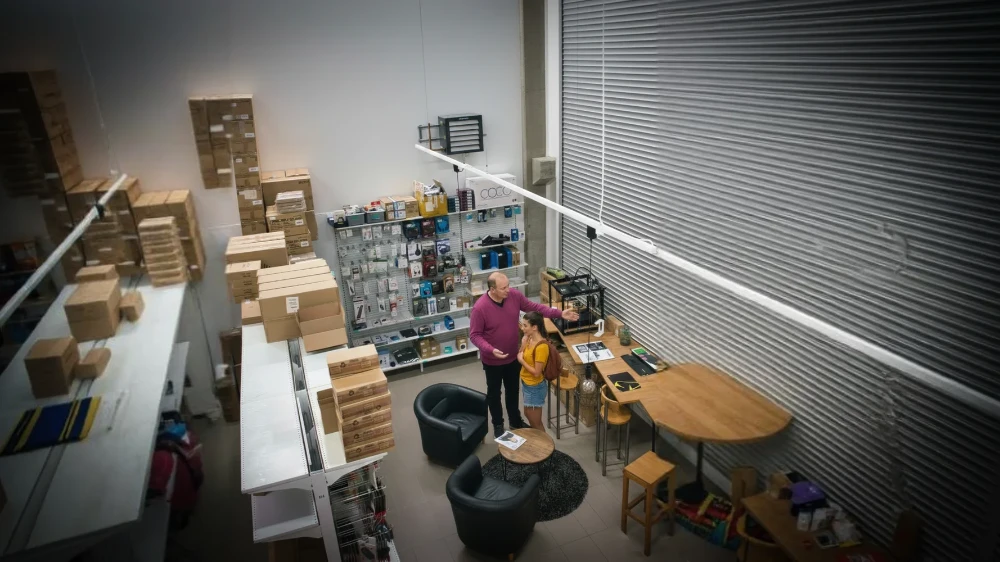How would you sum up recent developments in the IT industry, particularly in the last six months?
It has been a busy period since the merger with Regiondata. It has been mostly filled with administrative work, which is not always the most uplifting part of the job. But it is necessary in order to be able to clean away the old and prepare for future successes. On the positive side, we have won several contracts, including with Lund University and most recently Chalmers University of Gothenburg, which is very exciting. Universities are a segment where we have built relationships and created good processes around. This is something we will continue to focus on in the coming year.
What has been the key to Compliq's success in these procurements?
Simply put, we decided to put more effort into procurement. Once you've managed one, the next one will be easier. It is a lot about meeting basic quality and environmental requirements, and then being able to present the price and product in a convincing way. We have also worked hard during our previous agreements with Lund University to become a simple and reliable supplier, which has been a success factor.
What trends are you seeing when it comes to companies upgrading their IT infrastructure?
It is a clear movement towards more powerful and customized solutions. Companies want machines with high performance and good expansion possibilities, which has been good for us who build computers. Then AMD has really taken the lead in terms of price/performance ratio.
We also see that many companies are still struggling with balancing their systems correctly, often resulting in them not getting the maximum out of their investment. This is where our skills really come into their own. As certified computer builders with extensive experience, we can help companies optimize their systems, ensure the highest possible performance and maximize the value of their IT investments.
What common mistakes do companies make when building their own workstations?
The biggest mistake is often that they try to save on the wrong things. They underestimate the importance of balanced systems, especially when it comes to memory configurations. A system must be balanced to function optimally, which means that one should not save on memory modules or other critical components. For example, if you have an AMD processor that should have eight memory modules, then you should not just install two or four.
How do you see the transition to cloud-based solutions? Is this something you recommend for any company?
Cloud-based solutions are great for some applications, such as email solutions where Exchange servers are now mostly in the cloud (Office 365 as an example). However, for other applications, it may be more effective to have on-premises solutions, especially if the company has specific security requirements. It is important to understand what each solution entails and to train staff to get the most out of the technology. After the merger with Regiondata, we have better in-house capabilities to support customers in both scenarios.
Finally, what do you think about the future of the IT industry? What changes and trends can we expect?
I think we will see a continued evolution towards more integrated and user-friendly systems. AI and machine learning will play a bigger role in how we manage data and operations. Companies need to be prepared to invest in both education and security to keep up with developments. Security in particular is an area that companies need to keep a close eye on as more and more data and documents end up with external suppliers. It's an exciting time, and the possibilities are endless for those willing to adapt and think ahead.
Thank you very much, Anders, for your insights.
Thank you yourself. It's been a pleasure!





